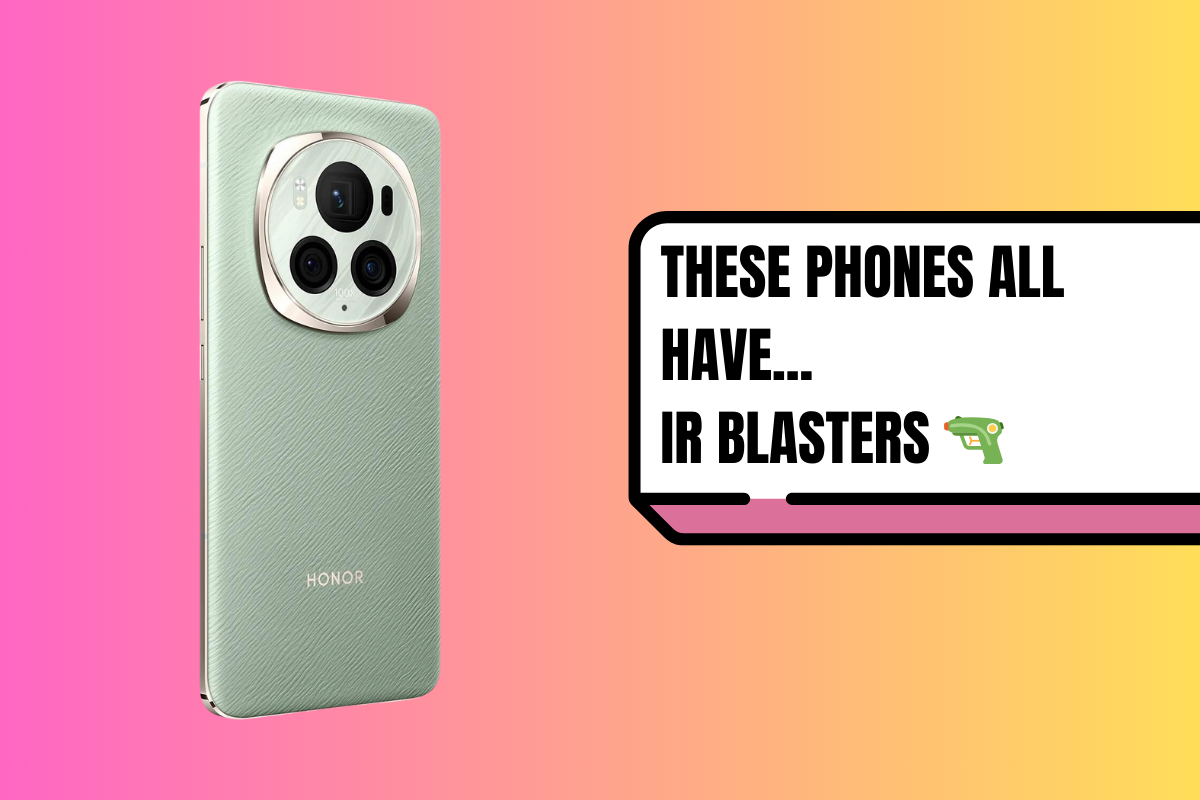IR blasters might not be a mainstay feature in modern smartphones anymore but there are still some great phones with IR blasters to be had in 2024…
Contrary to what you might think, it is STILL possible to get a good smartphone with an IR blaster – just look at these bad boys!
Practical Uses For IR Blasters In Phones…
Back in the day, IR blasters were a common feature on Android phones. Samsung and HTC popularized this technology and it let you do all kinds of cool stuff like control your TV, air conditioner, and other infrared-compatible devices straight from their phones.
It was REALLY cool. I remember this era of phones well. But then, much like the headphone jack, IR blasters in phones started to become increasingly rarer, with the vast majority of the big boys phasing them out in favor of other (arguably less useful) things like non-removable batteries and no headphone jacks.
Samsung discontinued the inclusion of IR blasters on the Galaxy S6, and HTC, once a leader in the Android market, followed suit shortly thereafter.
While the feature has now become niche, a number of manufacturers—particularly Chinese brands like Xiaomi, Honor, and Huawei—continue to include IR blasters in their devices.
What’s The Best Phone With An IR Blaster Right Now?
OnePlus 12 – The One To Go For
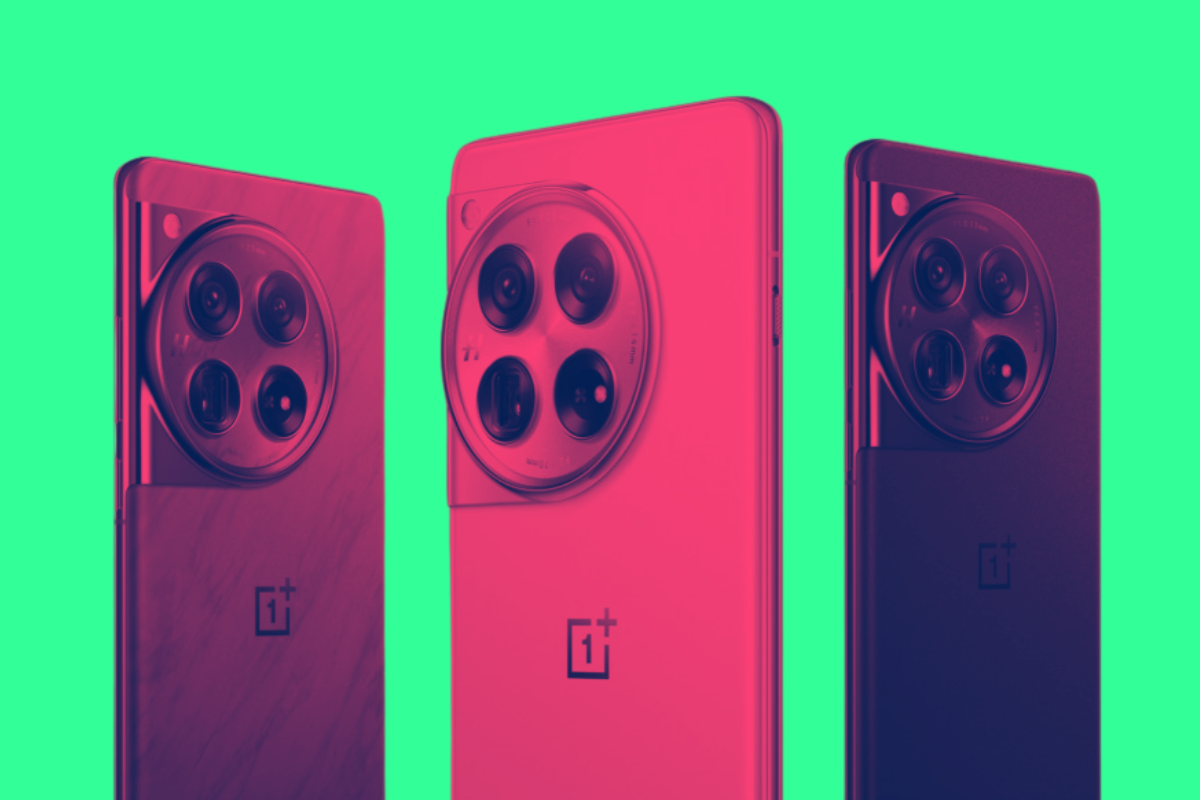
If you’re after a phone with flagship performance and an IR blaster, the OnePlus 12 is the one to go for right now and it also happens to be one of our most-loved Android phones of the last 12 months.
The camera is great, the software is brilliant, perfectly designed and easy to use and navigate, it’ll get 5 years’ worth of Android updates, and it is a freak in the performance stakes, thanks to its Snapdragon 8 Gen 3 processor.
Other highlights include:
- Big Screen Action: Boom. You get a 6.82-inch vibrant display, perfect for binge-watching Netflix or crushing it in games. It’s all about those immersive vibes.
- Lightning-Fast Charging: No one’s got time to wait. The Hyperfast charging tech gets you juiced up in no time, so you’re back in the game before your coffee cools down.
- One-Handed Mode: Got small hands? No sweat. One-Handed Mode makes navigating a breeze—just swipe down, and you can hit all those top icons without the finger stretch.
- Floating Windows = Multitasking Heaven: Multitask like a boss with Floating App Windows. Resize, drag, and keep multiple apps going at once without a hitch.
- Customizable OxygenOS 14: Go deep with OxygenOS 14. From custom accent colors to extra-large app folders, you get total control over how your phone looks and feels.
- Battery for Days: The 5,400 mAh battery keeps you powered up, plus there are smart power-saving modes for when you’re running low. Don’t sweat the all-nighter.
- Screenshot Boss: Multiple ways to grab those screenshots. Three-finger swipe, scroll capture—whatever works best when you need to share your latest win.
- Tough as Nails: With a frosted glass back and IP64 rating, this beast is spill and rain-resistant. Durable and slick, it can take a hit and keep going.
Xiaomi 14 Ultra
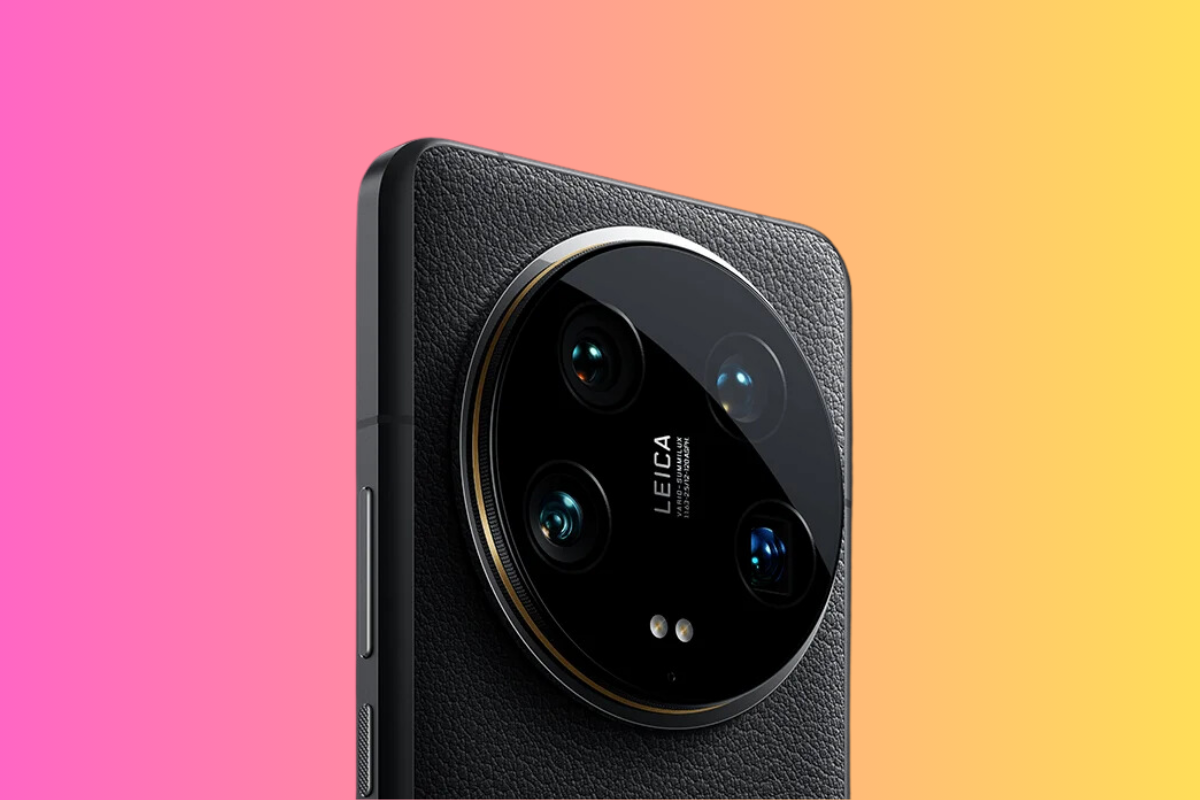
If you’re after a top-tier flagship, the Xiaomi 14 Ultra should be high on your list.
First off, its 50MP quad-camera system is a game changer—perfect for capturing sharp, detailed photos, whether you’re into landscapes, portraits, or night shots.
Paired with the 120Hz AMOLED display, it makes everything from scrolling to video playback look buttery smooth.
And with up to 1TB of storage, you won’t be running out of space anytime soon, even with all those 4K videos and high-res photos.
But what really sets this phone apart, especially if you’re into home automation, is its IR blaster.
Imagine using your phone to control your TV, AC, or even your smart home setup without needing extra remotes. It’s a super practical feature that many flagships lack these days.
Xiaomi’s known for delivering premium features at competitive prices, and the 14 Ultra fits that bill perfectly.
The only downside? Its software and support; Xiaomi isn’t particularly good at either. You’ll get maybe two major Android updates (if you’re lucky) and its software despite near-constant complaints from its user base is still chock full of bloatware.
With specs and razzle-dazzle, it’s a head-turner for sure. But longer term, you will run into issues. I know this because I have owned and run multiple Xiaomi phones over the years, so please do keep this in mind before buying one.
Xiaomi Redmi Note 13
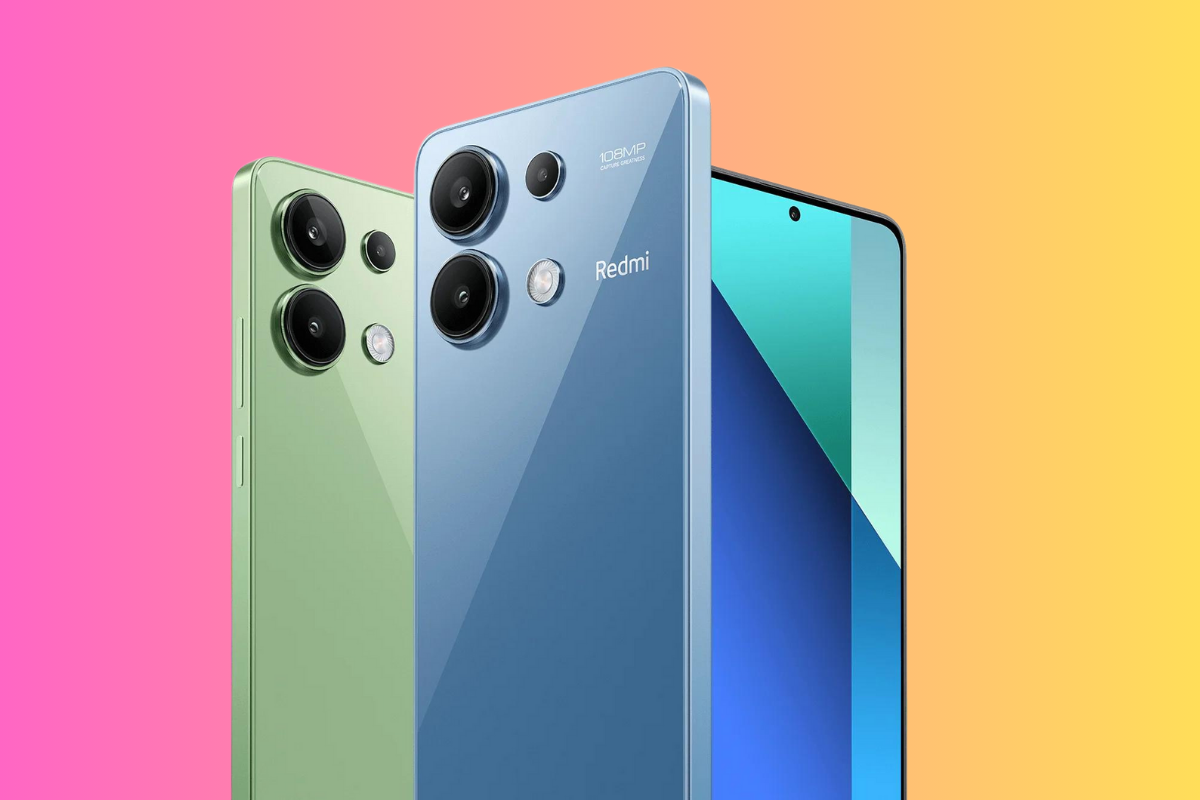
Now, if you’re looking for something more budget-friendly but still packed with great features, the Xiaomi Redmi Note 13 is a solid option (although, again, it comes with the caveats mentioned above).
This phone comes with a MediaTek Helio G96 processor, which means you get reliable performance for everyday tasks like browsing, streaming, and light gaming.
Plus, the 5000mAh battery ensures you’ll get through a full day without needing to scramble for a charger.
The standout feature here is also the IR blaster, which is rare at this price point. You get the convenience of controlling your home devices directly from your phone, just like you would with more expensive models.
For anyone looking to stretch their dollar without sacrificing key features, the Redmi Note 13 is one of the best value phones out there.
You get a lot of bang for your buck, especially with the IR blaster, making it perfect if you want the convenience of a universal remote on a budget.
Honor Magic 6 Pro
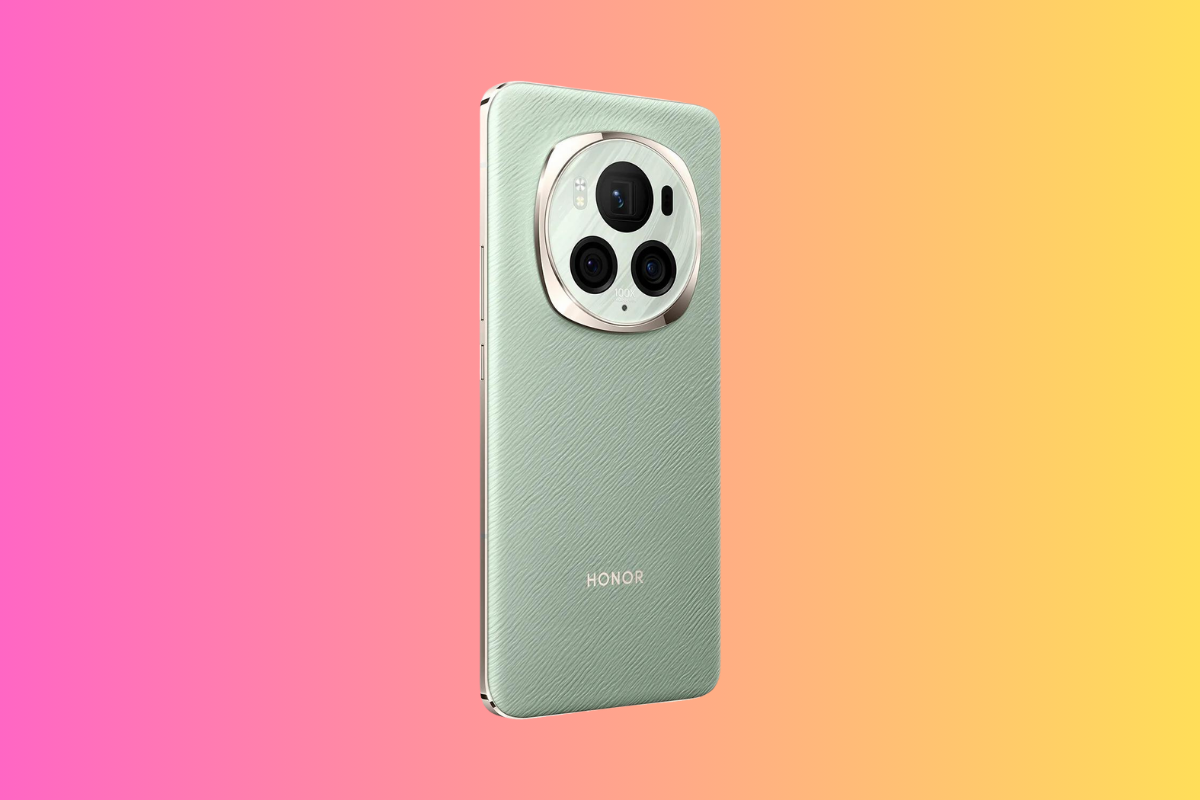
The Honor Magic 6 Pro is a powerhouse in the IR blaster space. This phone is packed with premium features, including a Snapdragon 8 Gen 2 processor, a vivid 6.73-inch OLED display, and a robust battery life.
Its IR blaster, combined with these high-end specs, makes it a versatile tool for both entertainment and productivity.
POCO and vivo
Other notable mentions include the POCO F5 Pro and the vivo iQOO Neo 7 Pro. Both brands have recognized the utility of IR blasters and have included them in several models.
Are they worth a buy? Potentially. But they’re not going to be for everybody. If you value things like consistent and reliable Android updates, neither VIVO nor POCO will impress. You’ll get one or, at best, two, major updates. Tops.
Still, from a specs and hardware perspective both of these phones are packing a fair amount of heat, as you’ll see below…
POCO F5 Pro
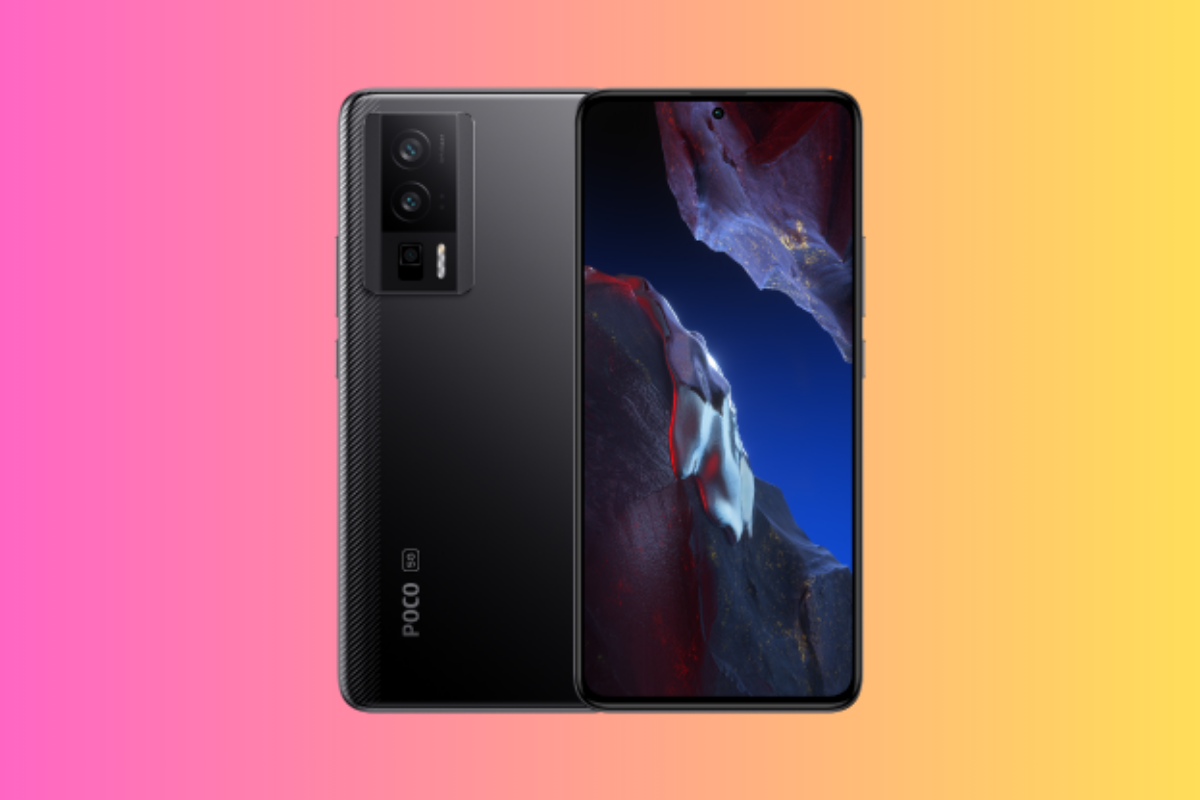
The POCO F5 Pro is a perfect blend of performance, display quality, and value. Powered by the Snapdragon 8+ Gen 1 processor, this phone delivers fast, reliable performance that handles demanding tasks and games without breaking a sweat.
Whether you’re multitasking or pushing the phone to its limits with mobile gaming, the F5 Pro holds its own.
Plus, the 120Hz AMOLED display means that everything from scrolling to gaming feels incredibly smooth. The vibrant colors and deep contrast make it a joy for streaming movies or browsing social media, with no lag in sight.
vivo iQOO Neo 7 Pro
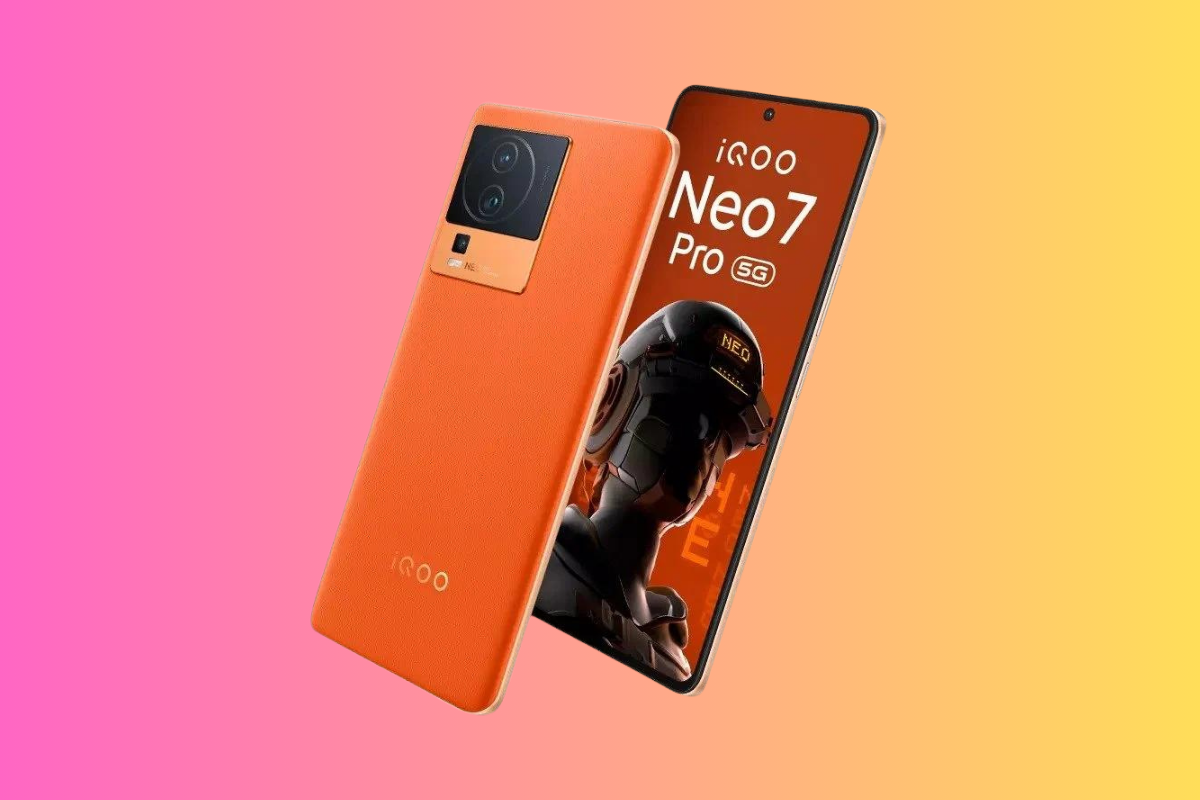
If gaming is your thing, the vivo iQOO Neo 7 Pro is built with you in mind. Known for its gaming-centric features, this phone is packed with power and optimized for a seamless gaming experience.
The Snapdragon 8+ Gen 1 processor provides top-tier performance, ensuring games run smoothly even at high settings.
Combine that with a 120Hz AMOLED display, and you get a phone that can keep up with even the most intense gaming sessions, offering fluid visuals and low response times.
Wrapping Up…
If you want the best of the best when it comes to phones with an IR blaster, the OnePlus 12 is 100% where it’s at right now – it’s a straight-up flagship phone with excellent performance and camera tech with a price that undercuts both Apple and Samsung.
We really, really rate this phone which is why it is included inside our 2024 Best Phone Guide.
The Xiaomi 14 Ultra is also decent, but there’s a few things you need to keep in mind before you buy a Xiaomi phone:
- Xiaomi phones are pretty terrible when it comes to support; you’ll get maybe two major Android updates if you’re lucky.
- The software isn’t the best; you’ll come across bugs, crashes, and plenty of bloatware.
- If you’re in the US, Xiaomi phones are pretty hard to come by through the official (carrier / retailer) channels.
This is why – out of all these phones – I’d advise you to go with the OnePlus 12. You’ll get the best support, the most performance, an IR blaster (obvs), and one of the best displays in the business at a price that is hard to beat for a flagship phone.
For those on a tighter budget, the Xiaomi Redmi Note 13 offers excellent value with its combination of affordability and utility. But keep in mind that all the “issues” we talked about a moment ago, apply here also – reliability and support ain’t what Xiaomi is known for.
